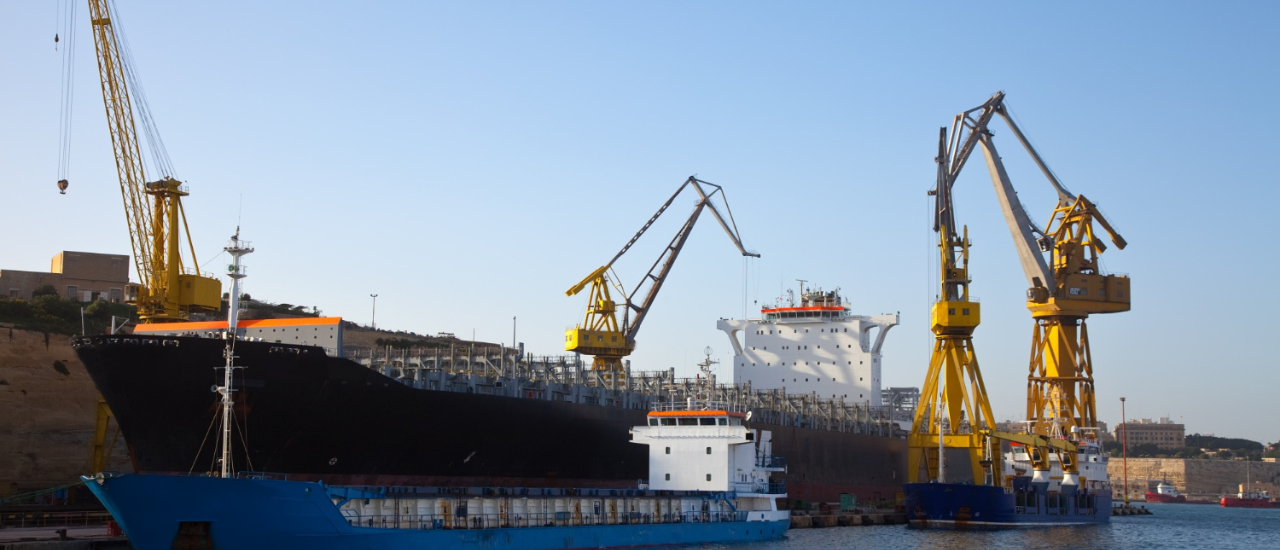In the dynamic world of maritime operations, effective risk management is essential. From design and construction to execution and delivery, each phase in a maritime project faces variables that can disrupt progress. Fortunately, identifying and addressing maritime risk early enables project teams to stay on course and within budget (image by: freepik).
Unforeseen events such as material shortages, shifting regulations, or weather disruptions can be costly. Therefore, proactive risk assessment is vital to safeguard timelines and project quality. As maritime infrastructure grows more complex, strategic mitigation is no longer optional—it’s fundamental to success.
Understanding the Scope of Maritime Risk
Maritime projects encounter a range of risks: design errors, compliance violations, environmental impacts, and supplier delays. These challenges can snowball if left unchecked. However, a thorough project risk assessment helps map out these risks and sets the stage for informed decision-making.
For example, design flaws often result in costly rework, while delayed material delivery can halt operations. To counter these threats, teams should align stakeholders early and establish structured workflows. By doing so, what once seemed unpredictable becomes manageable.
Minimize costly surprises. Partner with us for comprehensive risk assessment in your next marine project.
Project Mitigation Strategies for Maritime Stability
To mitigate risks, teams must do more than identify potential issues—they must prepare effective responses. Utilizing digital tools such as simulation modeling, predictive analytics, and real-time tracking, maritime professionals can adapt swiftly to changing conditions.
Additionally, implementing centralized risk registers and regular review checkpoints helps maintain project momentum. With consistent updates and cross-team collaboration, risks remain visible and solvable. As a result, teams improve schedule integrity and reduce uncertainty.
Building Confidence Through Maritime Risk Alignment
Effective maritime risk strategies foster confidence across stakeholders. When all parties operate from a shared risk framework, communication becomes more fluid and decisions more accurate. Consequently, project performance improves while trust strengthens.
Moreover, clients often require proof of risk management competency during the bidding process. Demonstrating solid mitigation experience can give your company an edge in a competitive maritime landscape. It’s not just about safety—it’s about reputation and reliability.
Risk Assessment as a Pillar of Long-Term Success
Today’s maritime projects face evolving threats—from global supply chain disruptions to emerging technologies. Therefore, regular risk assessment is key to adapting swiftly. When risk planning is integrated into the project life cycle, teams respond better to challenges and capitalize on opportunities.
Beyond protection, good risk planning also improves efficiency. It helps reduce waste, clarify roles, and prioritize resources. By anticipating roadblocks, teams move forward with confidence.
Navigate maritime uncertainties with confidence. Secure your project’s future with our proactive risk management strategies.







